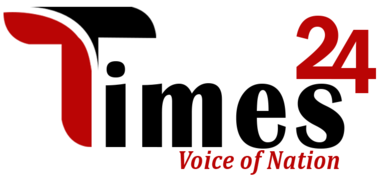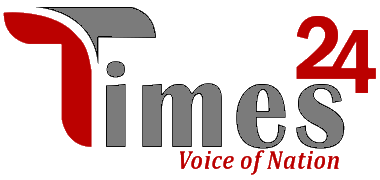HIPAA Violations You Need to Be Aware Of
HIPAA violations are some of the most common violations in the healthcare industry. In order to avoid significant penalties and possible criminal charges, every health care professional must follow HIPAA requirements at all times.
We will examine some of the HIPAA violations that occur most frequently. By understanding these HIPAA penalties and how they occur, you can better protect yourself from falling into the same traps.
We’ve compiled a list of the HIPAA violations that healthcare organizations are most likely to commit. You can use this as a checklist for evaluating your organization’s policies and procedures around protecting PHI from unauthorized access, disclosure, or use.
Let’s get started!
Keeping Records That Aren’t Secure.
All employees should be expected to store PHI-containing papers in a safe location as part of their on-the-the-job training. Personal health information (PHI) should never be left alone on a desk, filing cabinet, or in an office setting. In addition to being encrypted, digital data should require strong passwords to be accessed.
Willful Violations
The most common HIPAA violations are willful violations, in which the medical provider or agency knowingly violated HIPAA privacy regulations. This can occur when medical providers access patient records without a valid reason or fail to comply with patient requests regarding their records.
Unintentional Violations
Unintentional HIPAA violations are another category of common HIPAA violation examples. This can occur when medical providers accidentally send an email to a patient containing private information, for email is a great way to get information from one person to another. However, sending personal information via email can have disastrous results.
In the past, many healthcare workers have accidentally sent private patient health records via email and then received a HIPAA violation for their error.
Unencrypted Data
It’s easy to see the dangers of not encrypting PHI data. If a PHI-containing device is lost or stolen, encrypting the data provides additional security. If a password-protected device is breached, this adds an extra layer of protection. Even though HIPAA doesn’t require it, it’s nevertheless strongly recommended. Many states have established legislation requiring the encryption of ePHI and PII, so you should be familiar with your state’s HIPAA standards.
Failure to Provide Proper Training to Employees
When it comes to HIPAA compliance training, every employee interacting with protected health information (PHI) must receive a complete education. The HIPAA statute requires that all employees receive HIPAA training. All staff members must be well-versed in both the law and your practice’s specific policies and procedures.
Dishonesty in the Workplace
Accessing protected health information (PHI) that they are not entitled to see is a HIPAA violation, even if it is not done intentionally. Often, it’s only out of curiosity, but the consequences are the same. HIPAA violations can be prevented by providing explicit instructions on who can access what and what the repercussions are if they are not followed and thorough and accurate training and processes.
Improper Disposal of Records
PHI records must be disposed of in accordance with HIPAA laws when training your employees. PHI, such as social security numbers, medical procedures, diagnoses, etc., should be erased or wiped from a computer’s hard drive to protect patients’ privacy.
There’s a risk that this information could fall into the hands of the wrong person if it’s left behind in a trash can, a computer’s recent files folder, etc. Having a compliance officer or other staff member in charge of employee training and enforcement can help avoid this from happening.
Unauthorized Disclosure of Confidential Information
This type of invasion of privacy is most common when members of the media broadcast personally identifiable information (PHI) on public figures and celebrities. When medical workers disclose protected health information (PHI) to family members who are not authorized to receive it, this can also happen. This is because a family member’s PHI is only accessible to dependents and those who have Power of Attorney for the family member.
Preventing Violations
Ensure that your medical practice staff is familiar with HIPAA regulations to ensure compliance with HIPAA, and ensure that your medical practice team is well-versed in HIPAA requirements. Educate children on protecting their personal information and only sharing it with those who need to know it. If you don’t, you could face a considerable fine or possibly time in prison.
Conclusion
HIPAA violations are serious business. Anyone working with a healthcare practitioner must understand what they may do to stay within the bounds of the law.
So what are the most common HIPAA violations? The answer is simple: any time you share protected health information without written consent or a valid reason for doing so, or if you fail to secure protected health information properly.
These violations can come in many forms—whether emailing patient records or failing to use encryption software. If you’re unsure whether or not your work environment is following HIPAA compliance standards, be sure to ask an expert! If you want updates about Delhi NCR hospitals, you can check out Max Healthcare now. You can check out our blog for more exciting reads!
Also Read: Making Your Website GDPR Compliant
Latest News and updates, Follow and connect with us on Facebook, Twitter, and Linkedin.
Get the latest updates directly on your mobile, save and send a message at +91-9899909957 on Whatsapp to start.





